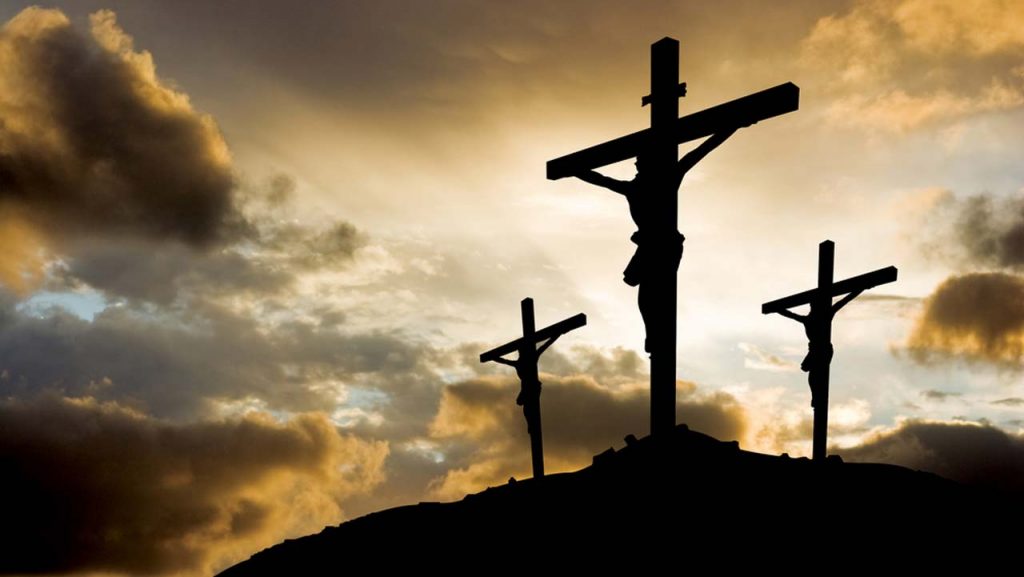Christians all over the world observe Good Friday as the culmination of the passion and, death of our Lord Jesus Christ for the salvation of mankind is commemorated. The name, “Good Friday”, no doubt, became ‘good’ on account of the immense significance of the death of our Lord Jesus Christ for our redemption. This day, therefore, becomes the Christian’s anniversary of redemption.
Good Friday constitutes an essential part of forty penitential period called Lent, which, for some Christians, begins with Ash Wednesday, and marked with the spreading of ash, reminding one of the nothingness of man before God as epitomized by these words; “you are ash and to ash you will return”.
The last week of Lent is termed the “Holy Week’’ and begins with Palm Sunday, which commemorates Christ’s triumphant entry as king into Jerusalem to suffer and die at the completion of His earthly mission. The last three days of the Holy Week are called the Tridum and are so important on account of the centrality of the events celebrated in them to our salvation. They are Maundy Thursday, Good Friday and Holy Saturday.
Good Friday has a very long history, being closely associated with Easter. Thus, a common name, Paschal Mystery joins the whole mystery of the passion, death and resurrection of Christ. Easter, as the principal feast of the Christian year, began to be celebrated as early as the second century AD. Before this time however, there was already a weekly celebration of the Lord’s resurrection. The celebration of the death of Jesus Christ on Good Friday, as a constitutive past of the paschal mystery, goes back to this period. The cross is central to the theme of Good Friday. No wonder then, the cross is exceptionally venerated on this day with genuflection.
Good Friday has immense significance for the Christians in particular and mankind in general, since Christ died for all men. As a special day to commemorate the Lord’s crucifixion, Good Friday draws our minds to the events of Jewish Passover. As the blood of the Lamb smeared on the Israelite’s door posts brought deliverance to them, Christ becomes the paschal lamb that takes away the sins of the world and by whose death; deliverance from the devil, is wrought. Friday is thus, a day to reflect on the power of the blood of Jesus Christ.
Good Friday also recalls the manner of Christ’s death. After His crucifixion and as He hung on the cross, His pierced side brought forth water and blood. While water symbolizes the sacrament of baptism, blood symbolizes the mystery of Eucharist and both constitute the very foundation of the church. Writing to the Romans, Saint Paul acknowledged this fact when he said that those who are baptized into Christ have been baptized into his death.
Furthermore, as a day to commemorate Christ’s heroic and sacrificial death for us all, Christians are thus challenged to exercise selfless service for their neighbours and the society at large. At a time like this, when our country is plagued by so many economic, political and religious problems, orchestrated by selfishness and greed, Good Friday offers us the opportunity to realize that there is more merit in giving than in receiving, following the footsteps of Christ, who gave all for our sake.
As we join our Lord Jesus Christ in his passion experience today, the necessity of self-denial in our day to day lives is reappraised against the backdrop of a world that craves for pleasure at the expense of rectitude and conscience. The question is, if Jesus Christ, who is God, could suffer, why not I?
WRITTEN BY REV. FR. IGNATIUS OKOLI









Comments are closed for this post.